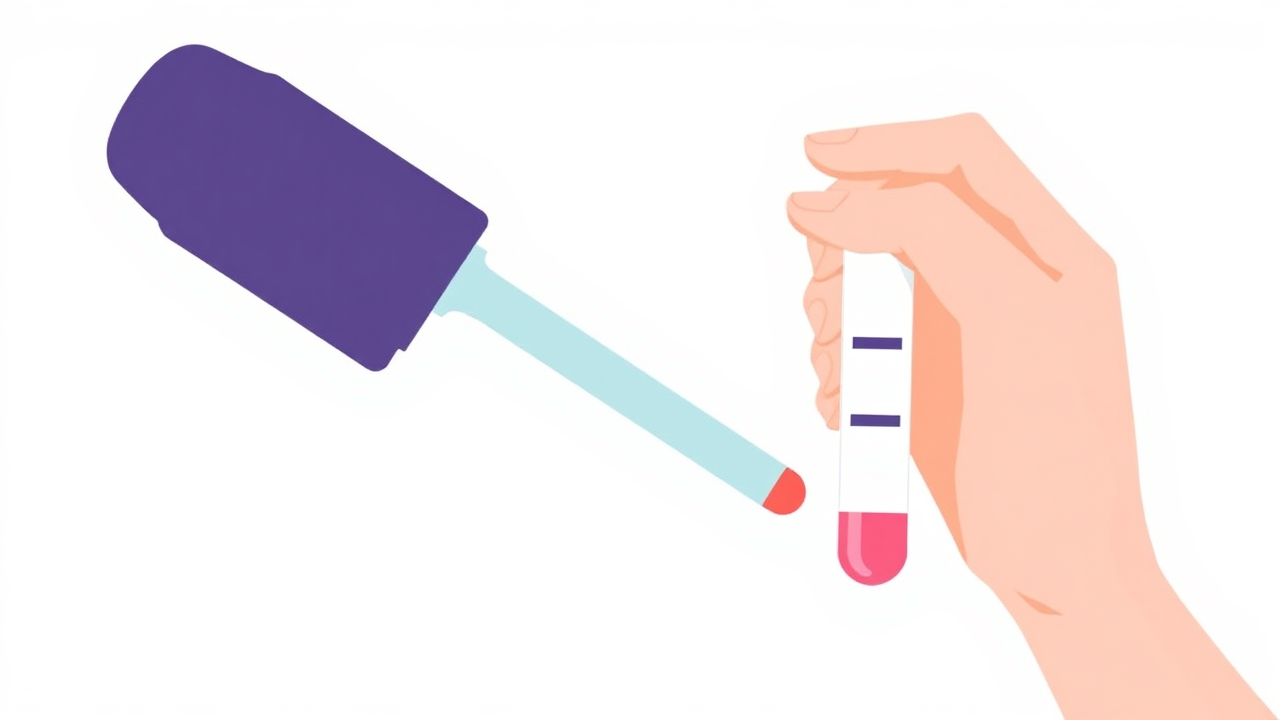An HbA1c reading of 10.5 per cent indicates significantly high blood sugar levels over the past three months, reflecting prolonged uncontrolled diabetes. Medical experts emphasize that such elevated readings typically require immediate medication alongside diet and lifestyle modifications. Diet and exercise alone are usually insufficient to safely reduce blood sugar at this stage. High HbA1c levels pose serious health risks, including damage to nerves, kidneys, eyes, and heart, even if symptoms are not immediately noticeable. Early intervention is crucial to prevent long-term complications. Patients should monitor symptoms like excessive thirst, frequent urination, fatigue, and unexplained weight loss. Additional tests for blood pressure, cholesterol, and kidney function are recommended, as diabetes often coexists with these conditions. With proper treatment combining medication, dietary adjustments, regular physical activity, and stress management, HbA1c levels can improve significantly within months, reducing complication risks and improving overall health outcomes.

Immediate Steps and Long-Term Management
Seeking medical consultation as soon as possible is essential for individuals with HbA1c at 10.5 per cent. Doctors will likely prescribe medication to quickly lower blood sugar and prevent complications. Patients should monitor red flags such as blurred vision, tingling in feet, unexplained infections, or sudden weight changes. If blood sugar exceeds 250 mg/dL or symptoms like vomiting and severe weakness appear, immediate medical care is necessary. The positive aspect is that diabetes is controllable. Combining medicines with lifestyle changes—smaller frequent meals, increased fibre intake, reduced refined carbohydrates, regular exercise, and stress management—can significantly lower HbA1c within months. Early action reduces complications and ensures better long-term health outcomes for those managing diabetes.
Source: Link
